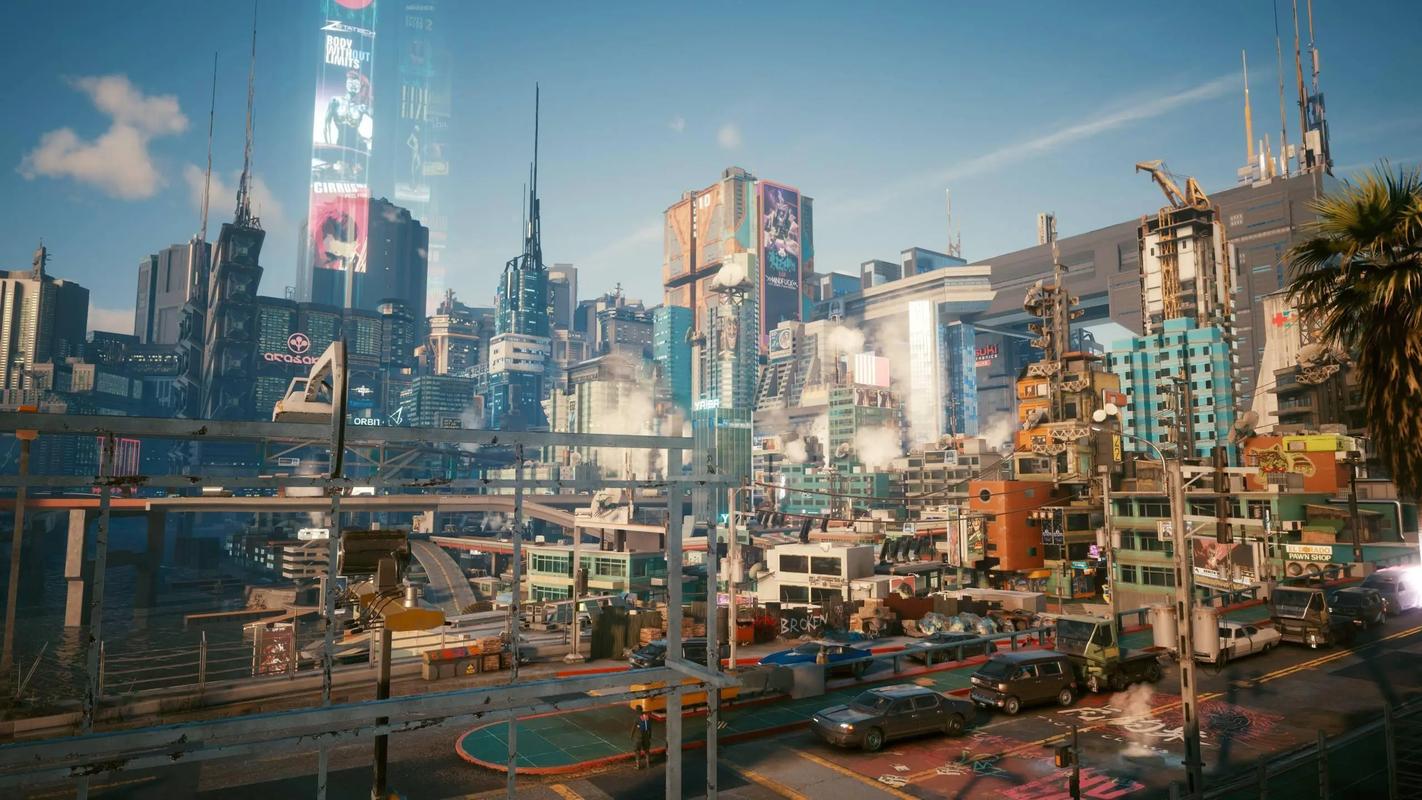Mortal Shell Score: Indie Soulslike Depth
Introduction
The Soulslike genre has grown exponentially over the past decade, with FromSoftware’s Dark Souls series setting the standard for punishing combat, intricate world-building, and deep RPG mechanics. However, many indie developers have attempted to capture the essence of Soulslike games while adding their own unique twists. Mortal Shell, developed by Cold Symmetry, is one such title that stands out for its atmospheric storytelling, weighty combat, and innovative mechanics.
While not as expansive as Dark Souls or Elden Ring, Mortal Shell carves its own identity with a condensed but dense experience. This article explores the game’s strengths, weaknesses, and how it measures up as an indie Soulslike.
The Combat: Weighty and Tactical
1. The Shell System – A Unique Twist on Character Progression
Unlike traditional Souls games where players customize their own character, Mortal Shell introduces "Shells" – empty vessels that players inhabit, each with distinct stats, abilities, and playstyles. The four available Shells (Tiel, Solomon, Eredrim, and Harros) offer different strengths:

- Tiel (The Acolyte) – Fast and stamina-focused, ideal for hit-and-run tactics.
- Solomon (The Scholar) – Balanced with high resolve (used for special abilities).
- Eredrim (The Venerable) – A tank with high health but slow movement.
- Harros (The Foundling) – A beginner-friendly Shell with moderate stats.
This system forces players to adapt their playstyle based on their chosen Shell, adding replayability and strategic depth.
2. Hardening – A Defensive Game-Changer
The most innovative mechanic in Mortal Shell is Hardening, which allows players to temporarily turn to stone mid-attack or mid-dodge, negating incoming damage. This ability recharges quickly, making it an essential tool for survival.
Unlike Dark Souls, where rolling is the primary defensive option, Mortal Shell encourages a mix of aggression and calculated defense. Mastering Hardening separates skilled players from those who rely solely on brute force.
3. Weapon Variety and Resolve System
The game features only five weapons, which may seem limited compared to Dark Souls, but each has a distinct moveset and can be upgraded via "Tarquins." The Resolve system allows for powerful special attacks, rewarding players who manage their stamina and aggression wisely.
World Design: A Dark, Dreamlike Atmosphere
1. A Compact but Rich World
Mortal Shell’s world, Fallgrim, is smaller than most Soulslike maps but densely packed with secrets, shortcuts, and environmental storytelling. The fog-laden swamps, crumbling ruins, and eerie temples create a hauntingly beautiful setting.
Unlike Dark Souls’ interconnected world, Mortal Shell follows a more linear hub-and-spoke design, with Fallgrim acting as a central area branching into different dungeons. While some may find this restrictive, it ensures a focused experience without excessive backtracking.
2. Minimalist Storytelling
The narrative is deliberately vague, delivered through cryptic NPC dialogue, item descriptions, and environmental cues. Players take on the role of a nameless, formless entity ("The Foundling") seeking purpose by inhabiting Shells. The lore revolves around a dying world ruled by a mysterious deity, The Unchained.
This approach mirrors Dark Souls’ storytelling but lacks the same depth. However, the melancholic tone and eerie ambiance make exploration compelling.
Boss Fights: A Mixed Bag
Boss battles are a staple of Soulslikes, and Mortal Shell delivers some memorable encounters:
- The Unchained (Final Boss) – A multi-phase fight testing mastery of Hardening and dodging.
- Crucix, the Twiceborn – A dual-wielding warrior requiring precise timing.
- Tarsus, the First Martyr – A spectral knight with punishing AoE attacks.
However, some bosses feel underwhelming due to repetitive attack patterns or excessive reliance on Hardening. The game’s short length (10-15 hours) also means fewer boss encounters than expected.
Difficulty and Accessibility
1. A More Forgiving Soulslike?
Mortal Shell is challenging but slightly more accessible than Dark Souls. The Hardening mechanic provides a safety net, and Shell abilities can mitigate mistakes. Additionally, losing a Shell doesn’t mean instant death—players can retrieve their form if they reach it quickly.
2. No Traditional Leveling System
Instead of souls or runes, players collect Tar and Glimpses to upgrade weapons and Shell abilities. This streamlined progression removes grinding but may disappoint players who enjoy deep stat customization.
The Verdict: How Does It Score?
Pros:
✔ Unique Shell system adds replayability.
✔ Hardening mechanic innovates Soulslike combat.
✔ Atmospheric world with strong visual design.
✔ More accessible for newcomers to the genre.
Cons:
✖ Limited weapon and enemy variety.
✖ Short campaign with fewer bosses.
✖ Story lacks depth compared to Dark Souls.
Final Score: 8/10
Mortal Shell may not surpass Dark Souls, but it carves its own niche with inventive mechanics and a hauntingly beautiful world. It’s a must-play for Soulslike fans seeking a fresh, condensed experience.
Conclusion
Mortal Shell proves that indie Soulslikes can stand tall alongside giants like Dark Souls and Bloodborne. While its shorter length and limited content hold it back from perfection, its innovative combat, eerie atmosphere, and unique Shell system make it a memorable entry in the genre.
For players craving a Soulslike with depth and originality, Mortal Shell is a worthy journey into darkness.
Word Count: ~1,200
Would you like any refinements or additional sections?














